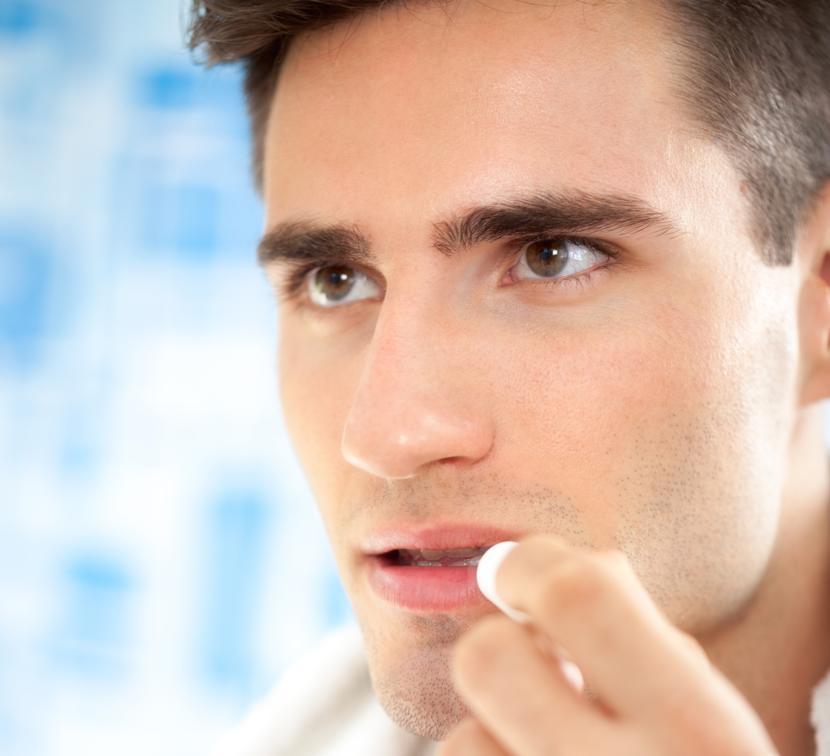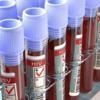How to Cope with the Short-Term Side Effects of HIV Treatment

Any treatment for the HIV infection focuses on fighting the virus without causing any severe side effects. Many of the new treatment options for this condition now comes with fewer side effects. The few side effects that it has can be managed or reduced. The treatment regimen can be modified to reduce the side effects if they are severe. But one should always remember that side effects may be caused by a number of other factors, other than the medication or the treatment itself.
Certain side-effects can depend on:
- Other medical conditions
- Infections
- Stress
- Use of other medications
- Diet
- Age of the person
As the medication fights the virus in the body, it may cause some common short-term side effects like:
- Anemia
- Headaches or dizziness
- Nausea or vomiting
- Diarrhea
- Insomnia
- Pain and nerve problems
- Rashes on the skin
- Dryness of the mouth
- Weight loss
- Reactions at the site of the injection
These short-term side effects get better after a few weeks of the treatment. And if these side effects are not reducing within few weeks, it should be brought to the attention of the doctor, as it may be caused by another infection. Try quitting smoking or making small adjustments with the diet to deal with them. You may also look at changing the dose or the medication if the side effects make you very uncomfortable. Another popular way is to treat the side effect of the medication. But in any case the medication should not be stopped all on a sudden as it may lead to the development of drug resistance in the virus.
The severity of the side effects vary from individual to individual and in many cases taking preventive measures may be helpful, particularly if you take it before the start of the new regimen. If the side effects are potentially life-threatening, get medical attention immediately.
Some of the tips to manage the short-term side effects include:
- Do gentle exercises and try to get adequate reset.
- Eat a healthy and well-balanced diet. Remember to avoid triggers of nausea or vomiting. Eating small meals at regular intervals is also helpful.
- Drink plenty of liquids to keep oneself well hydrated. This is particularly useful if the side effect is diarrhea.
- For headaches one can depend on over-the-counter medications. Try to avoid bright light, stress and too much of noise.
- Develop a good sleep time routine without caffeine and heavy meals. Follow regular sleeping schedule and try to relax before going to bed.
- Avoid using harsh chemicals on the skin. Use moisturizers, sunscreen and petroleum jelly in dry itchy areas of the skin.
- Try to avoid sudden weight loss. Discussing with a nutritionist about the ways to maintain a healthy weight.















